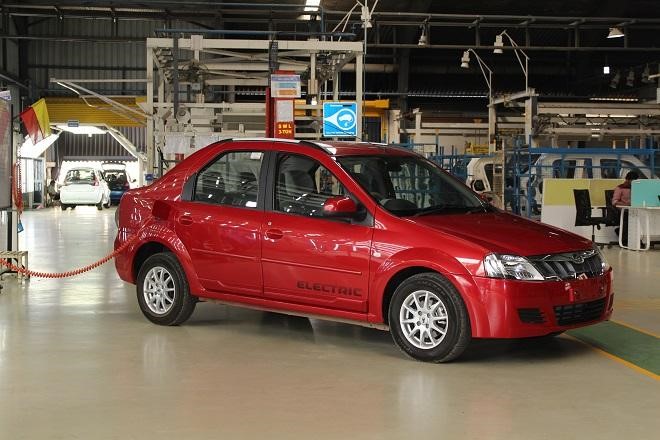The Indian government has now said that it won’t set any targets for bringing in EVs, despite the NITI Aayog’s suggestions. The announcement was made by Union minister Mr. Nitin Gadkari, overruling the planning body’s suggestions that conventional three-wheelers be phased out by 2023 and two-wheelers by 2025. The decision may come as a relief for conventional automakers, who have been vehemently opposed to a rapid transition to EVs.
The Centre is, however, discussing loans for up to $12 billion by 2022 for several sectors, including EVs and batteries, with the Asian Development Bank (ADB).
Indian Oil to manufacture 100% indigenous, non-lithium ion EV batteries
Petroleum giant Indian Oil will be setting up a 1GW capacity, non-lithium ion EV battery manufacturing facility in a joint venture with an overseas start-up. The new batteries will utilise materials that are “abundantly available” locally and will be 100% indigenous. The JV comes out of India’s need to lessen its exposure to lithium-ion based EV batteries, 90% of which are imported into the country.
NITI recommends high import duties on substandard Chinese EV batteries, 700cr subsidy for domestic manufacturing
Partly in reaction to reports that second-tier EV battery manufacturers from China are dumping their substandard products in the Indian market, India’s NITI Aayog has recommended that the lowest value-add imports, such as finished goods, be slapped with the highest import duties. This would be to discourage the use of such batteries – which now fail to find buyers in China – from being used in Indian EVs, since they don’t meet the minimum expected parameters of energy density, temperature tolerance, operating lifecycles and safety.
Also, India’s finance ministry has accepted NITI’s proposal of a Rs700-crore subsidy for domestic EV battery manufacturing, to set up 50GWh capacity in battery manufacturing, and to bring their costs down from about $276/kWh at the moment to around $76/kWh. If okayed by the cabinet, the facility(ies) may come online by 2022 and bring EV prices at par with conventional vehicles in 3-4 years.
UP targets 1 million EVs by 2024
On the other hand, the state of Uttar Pradesh will target the deployment of 1 million EVs by 2024, in its 10 model cities that have been earmarked for the purpose. The cities include Kanpur, Lucknow and Varanasi, and 50% of their school buses, cabs, ambulances and government vehicles will be ‘electrified’ by the target date. UP is already India’s largest EV market, with 15,000 registered units.
About The Author
You may also like
New report shows ways to build an efficient e-bus ecosystem in India
Corporate watchdog accuses Toyota of misleading marketing, greenwashing
Electrifying India’s Roads: Financing EVs – Challenges, Progress and the Road Ahead
Five lithium and cobalt mines identified in overseas exploration
India approves $7 billion plan for 10,000 electric buses in 169 cities in next 10 years


